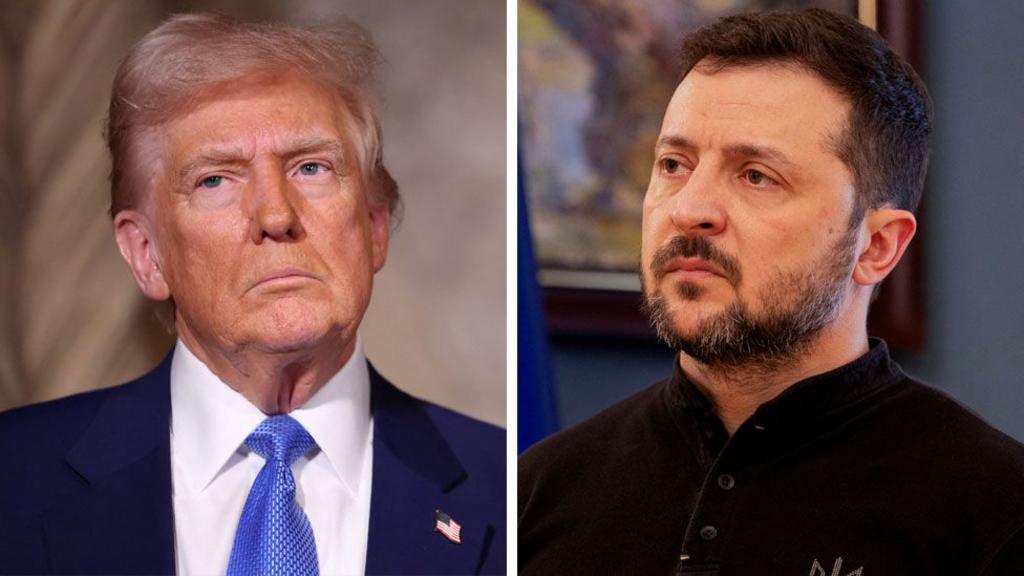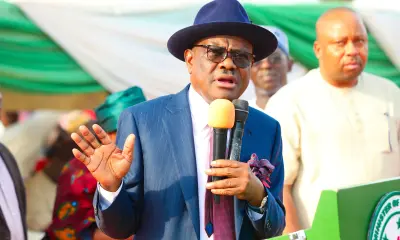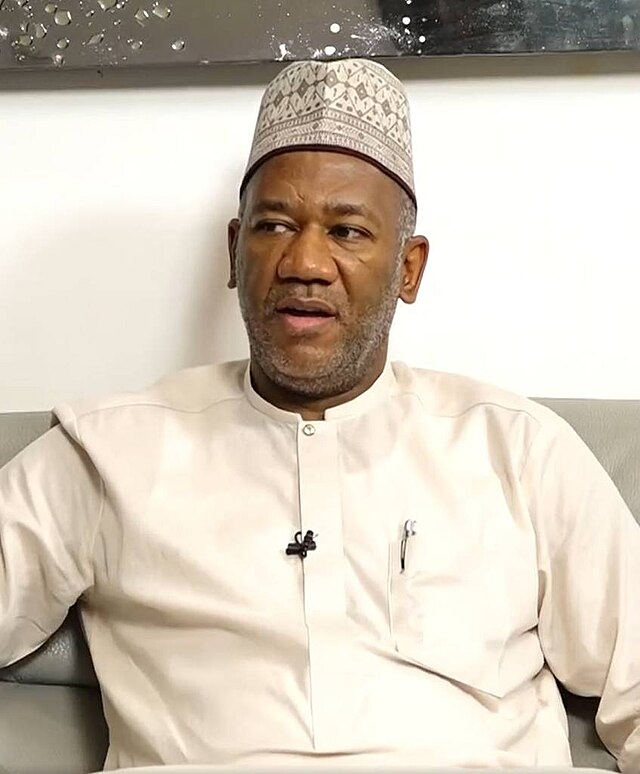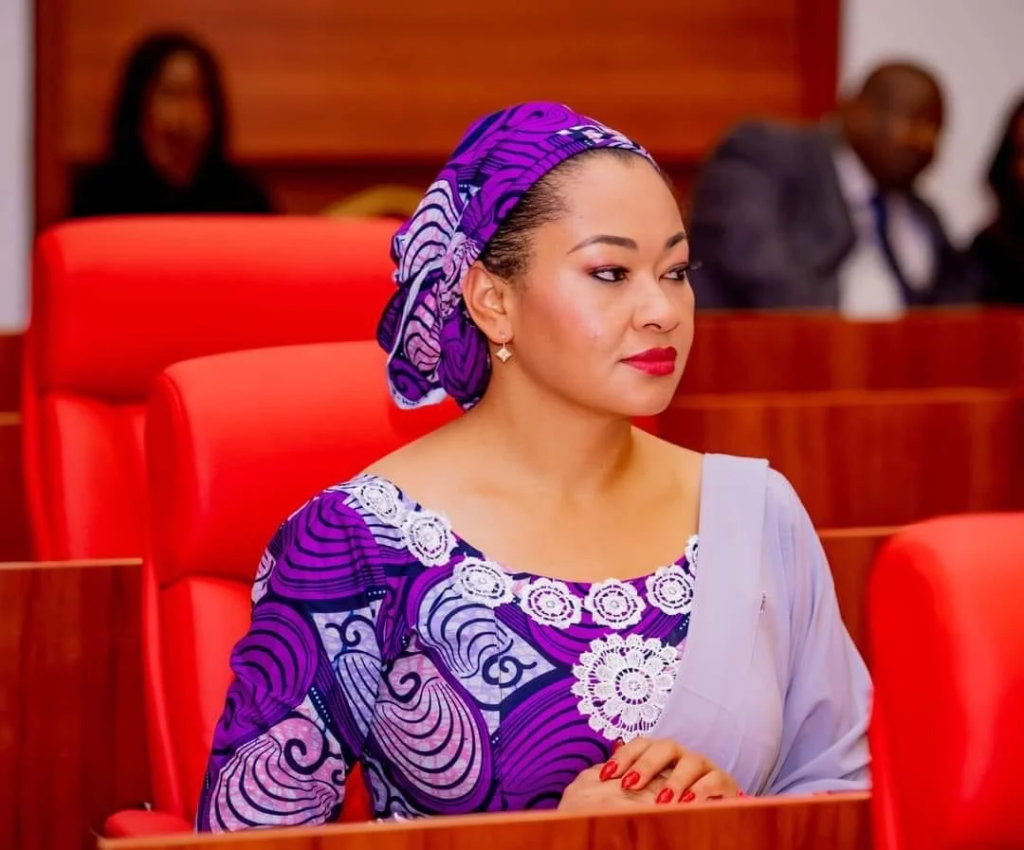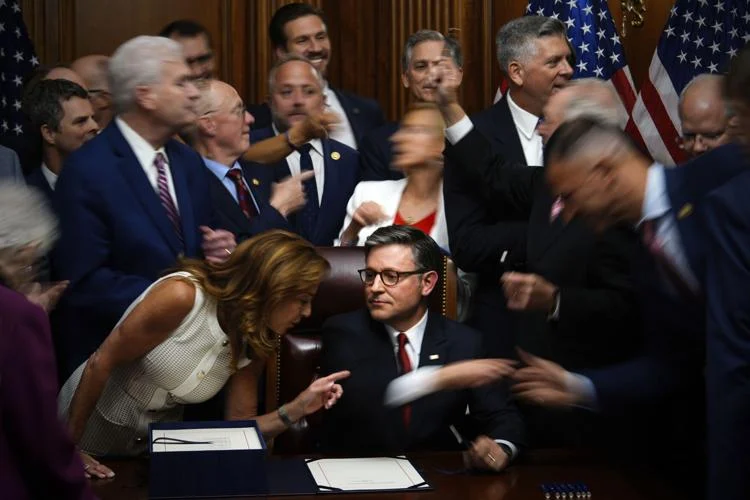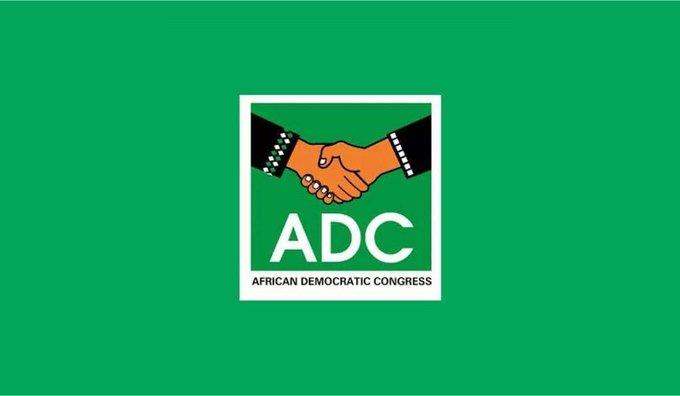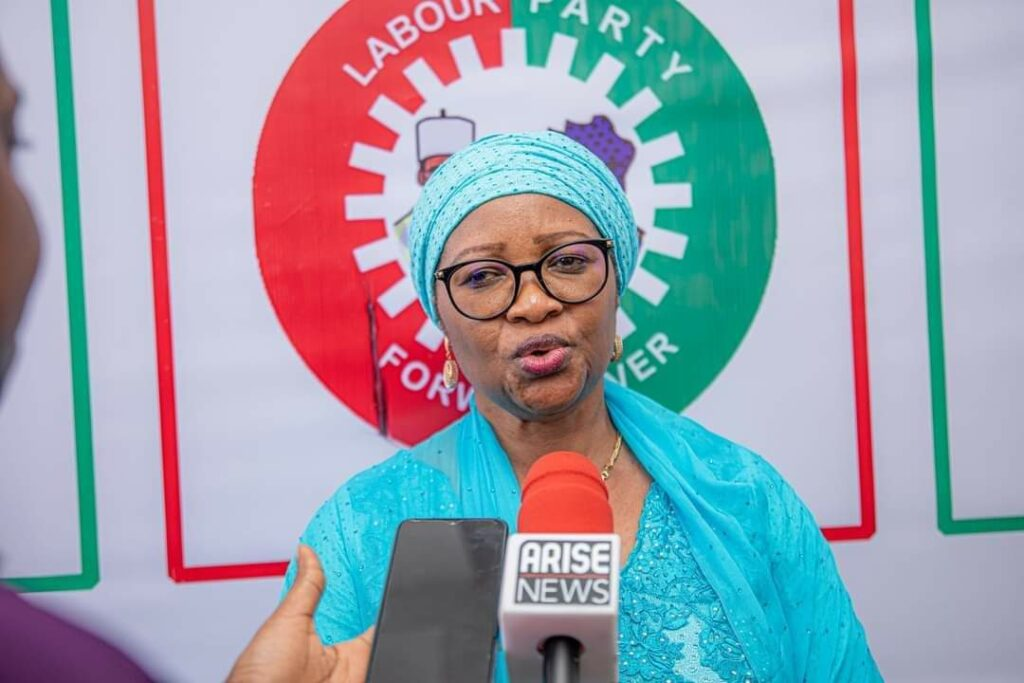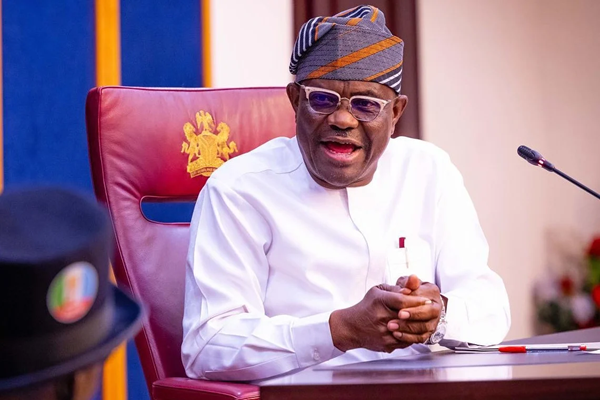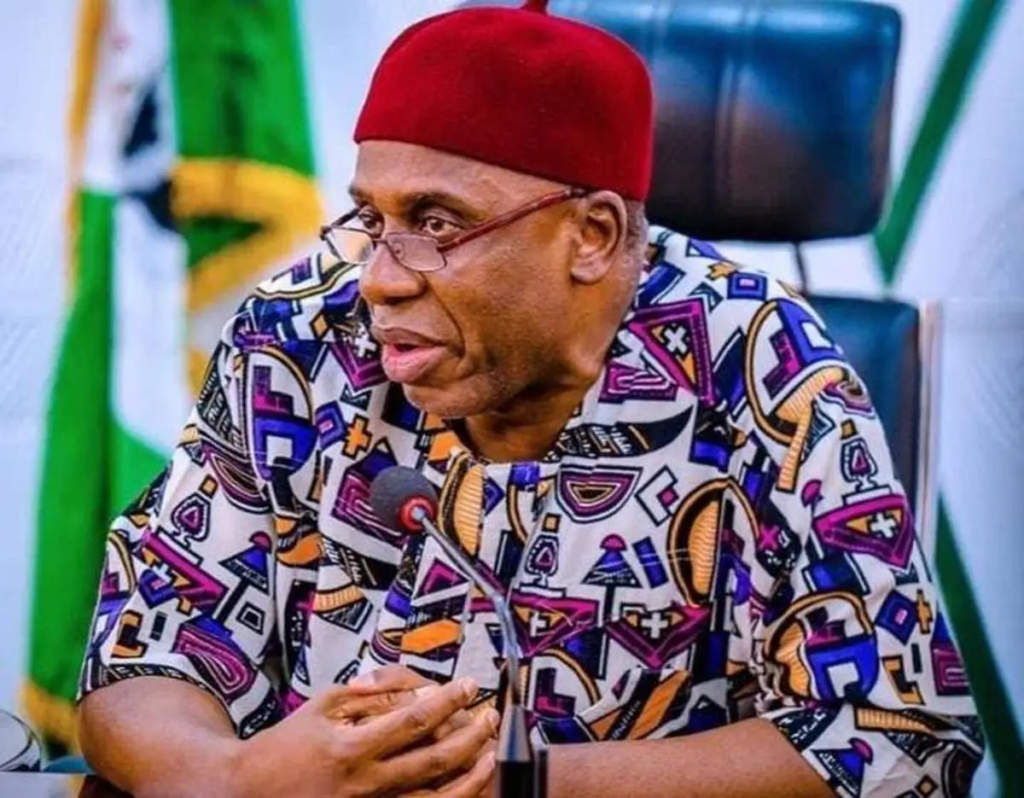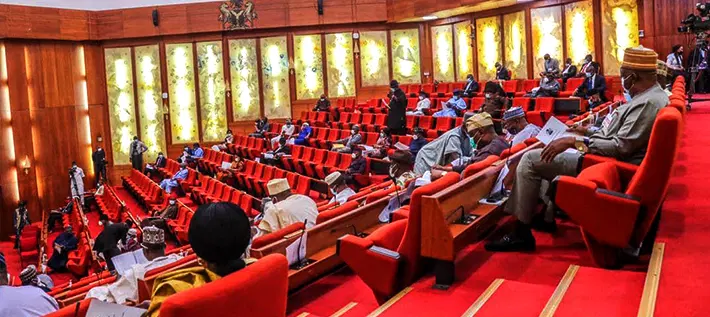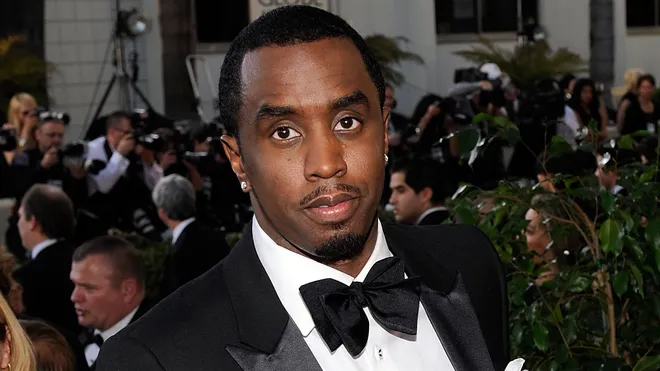Lateef Fagbemi, Nigeria’s Attorney-General and Minister of Justice, has instructed the police to transfer the case files of protesters arrested during the recent #EndBadGovernance demonstrations to his office for review. His directive follows an incident on Friday at the Federal High Court in Abuja, where some of the 76 detained protesters, including minors, collapsed while awaiting arraignment.
The court set bail at N10 million for each defendant, although the prosecutor asked to exclude those who collapsed from the charge list. In a statement on Friday, Fagbemi acknowledged that he became aware of the police’s charges against the protesters, which include allegations of treason. He pledged to examine the cases closely before proceeding with any further actions. “I have just been informed that individuals involved in the #EndBadGovernance protests have been arraigned on various charges, including treason,” Fagbemi stated.
Fagbemi noted that while he cannot modify the court’s existing remand order, he has directed the police to transfer the case files to the Ministry of Justice for thorough review by the Director of Public Prosecution of the Federation (DPPF), with a deadline of Saturday, November 2, 2024. He also instructed the DPPF to seek an earlier court date to expedite the hearings.
The detention of minors has ignited criticism both locally and internationally. Amnesty International condemned the treatment as unlawful and indicative of disregard for the rule of law. High-profile figures, including former Vice President Atiku Abubakar, ex-Governor of Anambra State Peter Obi, and former Senator Shehu Sani, have joined the public outcry, specifically objecting to the minors’ detention.
Presiding Judge Obiora Egwuatu granted bail with stringent requirements: a N10 million bond and two sureties per defendant. One surety must be a civil servant at grade level 15 or higher with a verifiable address within the court’s jurisdiction, while the other must be the defendant’s parent.


